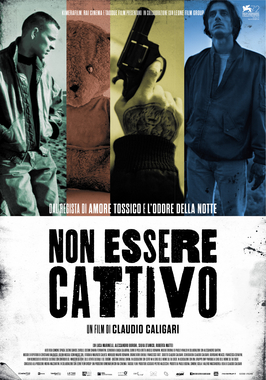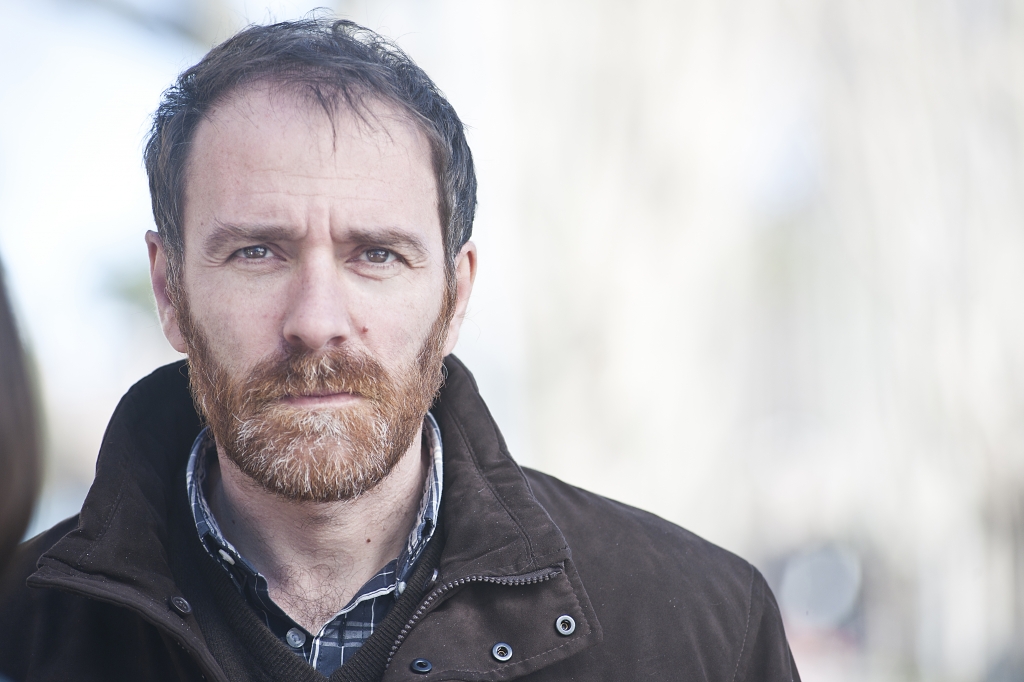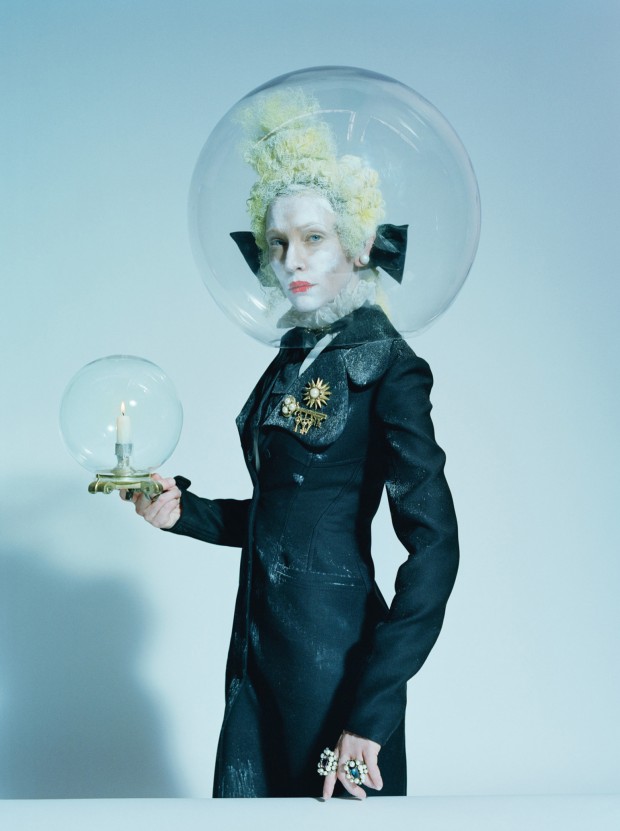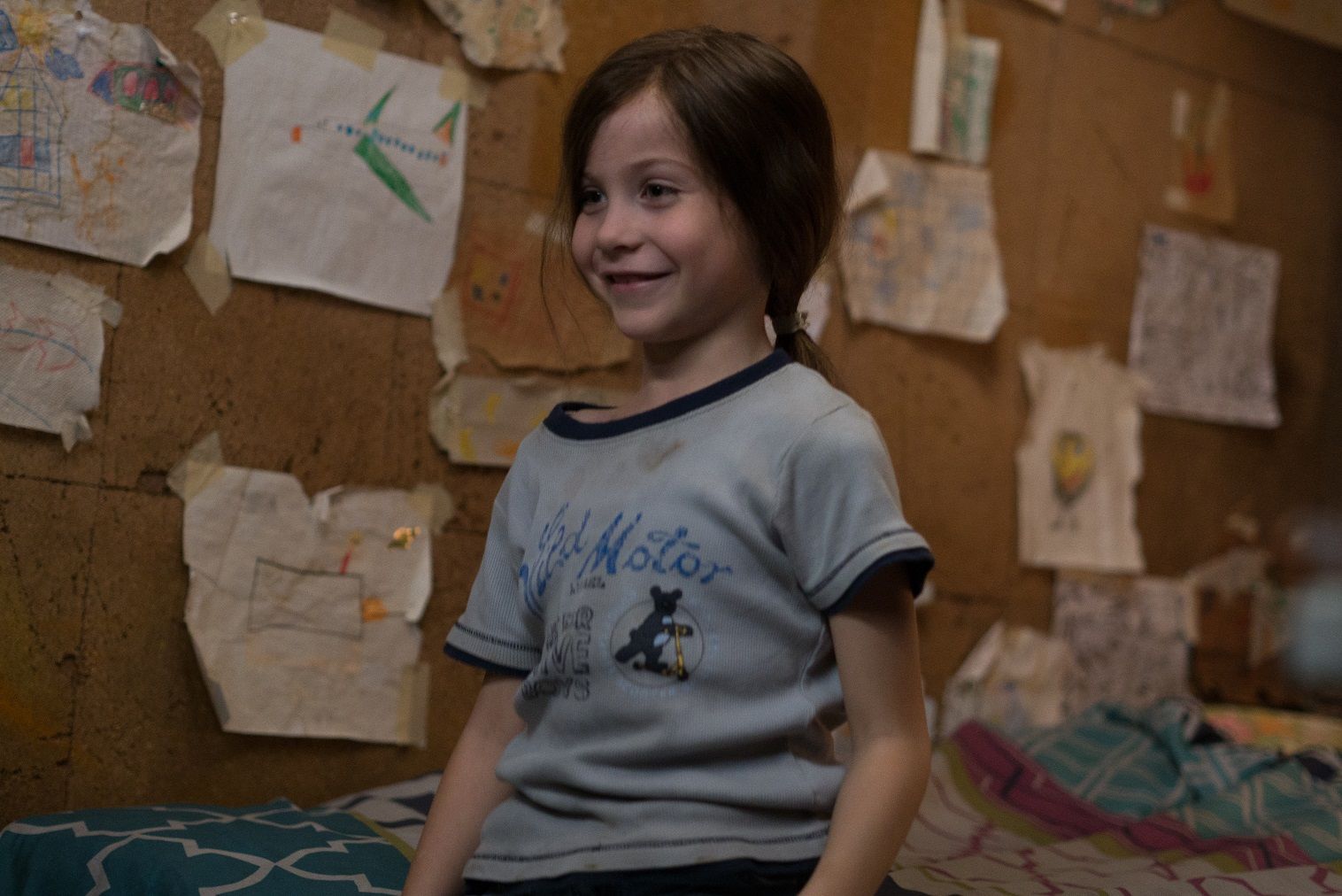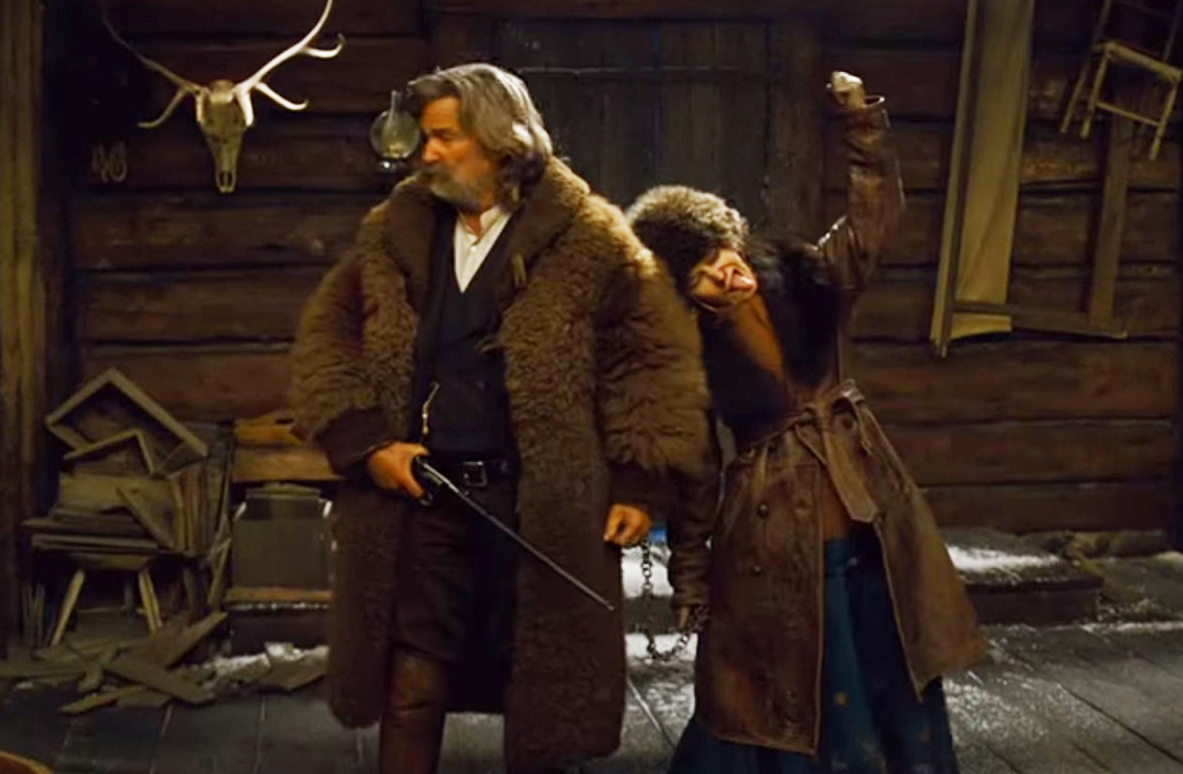Women's Pictures - Dee Rees's Bessie
 Friday, December 11, 2015 at 3:30PM
Friday, December 11, 2015 at 3:30PM 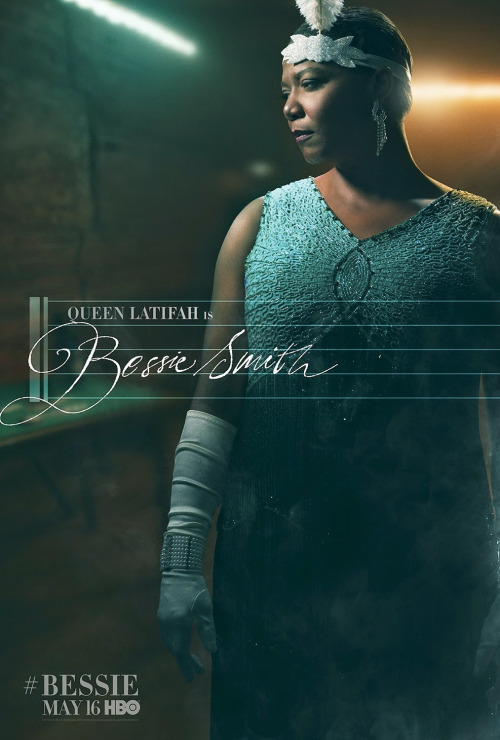 Considering how often Pariah is called "a critical darling," it's disappointingly shocking that it took another 4 years for Dee Rees's next movie. Bessie is an HBO biopic of singer Bessie Smith, the Empress of the Blues, who rose to prominence in the 1920s and died in a car accident in the mid-1930s. When the movie premiered earlier this year, Angelica Jade Bastién wrote a fabulous personal review of it which I highly suggest you read. As Angelica points out, Rees's sophomore effort is a well-directed film that gets a lot right, even though it falls into a lot of the typical biopic pitfalls.
Considering how often Pariah is called "a critical darling," it's disappointingly shocking that it took another 4 years for Dee Rees's next movie. Bessie is an HBO biopic of singer Bessie Smith, the Empress of the Blues, who rose to prominence in the 1920s and died in a car accident in the mid-1930s. When the movie premiered earlier this year, Angelica Jade Bastién wrote a fabulous personal review of it which I highly suggest you read. As Angelica points out, Rees's sophomore effort is a well-directed film that gets a lot right, even though it falls into a lot of the typical biopic pitfalls.
While the plotline of Bessie's meteoric rise, humbling fall, and return to semi-greatness followed a predictable biopic path, what really struck me about this collaboration between Dee Rees and Queen Latifah was how unapologetically individual it was. Unfortunately, fact-based films about black characters, if they are expected to attract a wider (whiter) audience, incorporate white characters to a large degree. Selma and 12 Years A Slave both have white antagonists who gain a lot of screentime - in the case of 12 Years A Slave, it was enough screentime to net Michael Fassbender an Academy Award Nominations.
In Bessie, blackness and queerness dominate...

 Dee Rees,
Dee Rees,  Directors,
Directors,  HBO,
HBO,  LGBT,
LGBT,  Queen Latifah,
Queen Latifah,  bessie,
bessie,  biopics,
biopics,  racial politics
racial politics 


